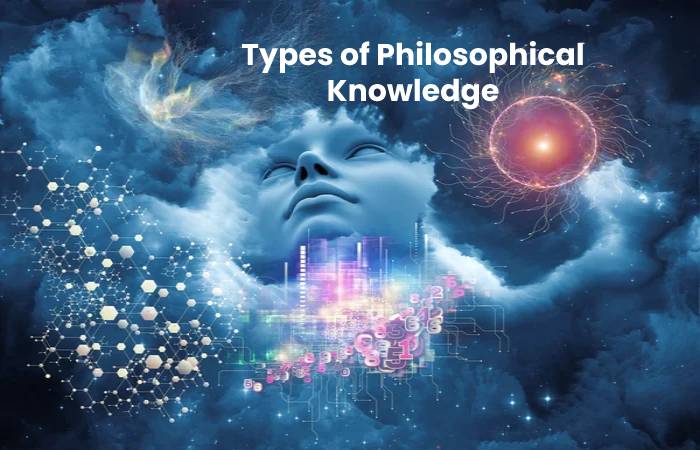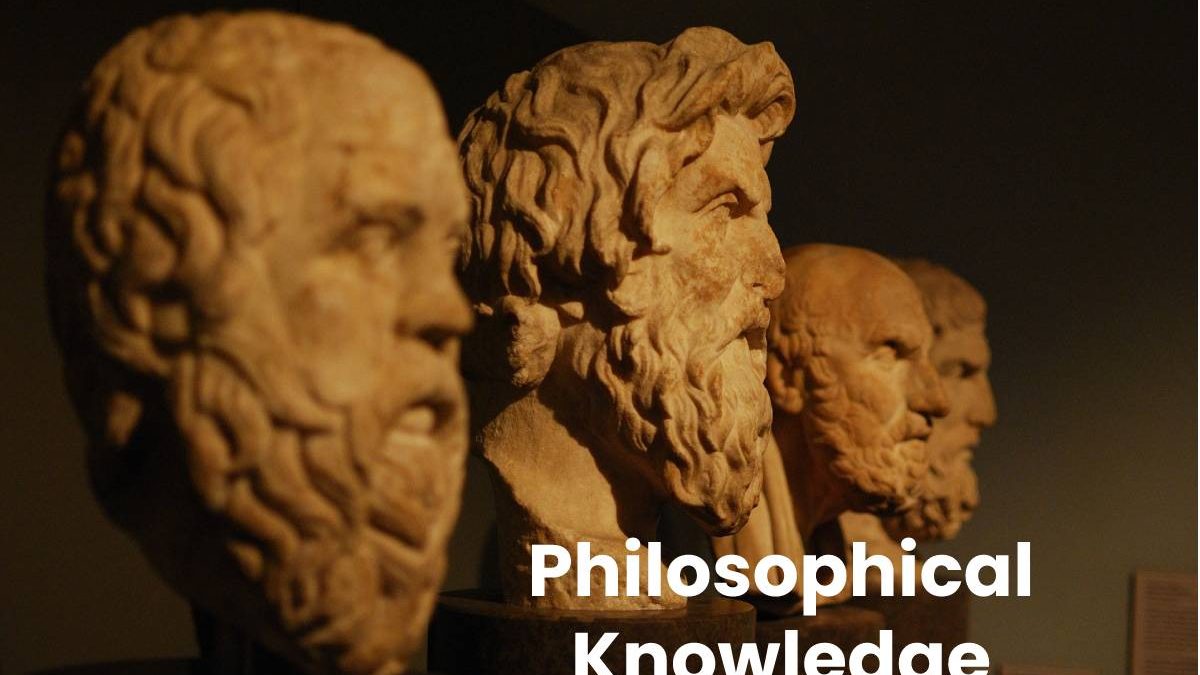Table of Contents
What is Philosophical Knowledge?
Philosophical knowledge is the accumulation of existential, reflective and contemplative knowledge that humanity has formulated throughout history, from ancient civilizations to contemporary civilizations.
This model of knowledge differs from the religious model in that it does not necessarily involve an understanding of the sacred and the divine. On the contrary, he tries to understand human existence as it is. However, it shares borders or origins with religious knowledge in many cases.
Philosophical knowledge remains the fruit of long traditions of thought, organized in schools and groups or of geniuses who, in their respective times, revolutionized the understanding of human existence.
Throughout the golden age of various human civilizations, it guided common interests and represented the pinnacle of human thought in its ability to understand the world around it.
Characteristics of Philosophical Knowledge
Philosophical knowledge aspires to be purely held or reflect and therefore requires no practice or methodology of verification, much less experimentation. On the contrary, it only obeys the laws of logic and rational thought.
In this sense, it is close to certain forms of literature because it depends on the language. The difference remains that philosophical knowledge does not aim at the how and the states, that is to say, beauty, but at the what and the substance, that is to say, the search for truth.
Examples of Philosophical Knowledge
Examples of philosophical knowledge can be found in the many philosophical treatizes of human history, especially in the great moments of thought, such as ancient Greece, the support of thinkers such as Socrates, Plato and Aristotle, critical history. Of Western thought.
There are also non-Western philosophical societies, such as Buddhist Asia (Buddha Gautama), ancient China (Confucius, Tsun Zu, etc.), etc.
Types of Philosophical Knowledge

Philosophical knowledge remains organized around the different branches of philosophy, which are:
Metaphysical
The study of the nature, structure, constituents and guiding principles of reality includes the attempt to define what is natural and other related concepts, such as ex. : identity, being, existence, object, subject, etc.
Epistemology
Also call a theory of knowledge, it is the branch of philosophy devoted to studying learning and wisdom: its nature, limits, and origin.
Epistemology
Similar to the previous one, it questions knowledge from the angle of the historical, psychological and sociological circumstances that make it possible to justify, validate or invalidate the understanding of humanity.
Logic
This branch is also a formal science link to mathematics, studying the principles of proof, validation and invalidation of thought, and the notion of truth, error, paradox, etc.
Ethics
Also known as moral philosophy, it emphasizes its interest in human behavior. Attempting to define or understand concepts such as good, evil, morality, immorality and even more complex concepts such as happiness: virtue and duty.
Aesthetic
The branch of philosophy is concerned with understanding beauty and beauty, its essence, and its mode of perception.
political philosophy
This branch focuses on studying human-community relations and includes ideas such as government, state, society, law, freedom, equality, justice, etc. It is fundamental for political science, for example.
Philosophy of Language
a branch is devote to the study of language, both in its primary and fundamental concepts (meaning, signifier, reference, etc.). And in its use (pragmatics, translation, etc.) and its relations with thought.
Philosophy Of Mind
Also called philosophy of the mind, it seeks to understand the human mind even through itself. Dealing with complex issues such as emotions, feelings, dreams, thoughts and beliefs.
Differences With Scientific Knowledge
Scientific knowledge is the subject of the study, organization and debate of philosophy. Which is understood to be the mother of all sciences since, in its day, it was the only tool available to humanity to understand the laws that govern the world, many of which are currently under development. Educated. Different branches of science (chemistry, physics, etc.).
However, there is a significant difference: scientific knowledge must be test and demonstrate. In other words, to understand how a natural phenomenon comes about and find its fundamental laws, it is necessary to reproduce it under controlled conditions.
On the other hand, philosophical knowledge does not require verification beyond formalities. That it obeys logic and can follow the thread of deduction or induction. That it is understandable, and contains no procedural errors or errors.
Other Kinds of Knowledge
The other forms of knowledge are:
scientific knowledge
That results from applying the scientific method to the various hypotheses that arise from the observation of reality. To demonstrate through experiments what laws govern the universe.
Empirical Knowledge
What is acquire through direct experience, repetition or participation, without approaching the abstract but from the things themselves.
Intuitive knowledge. What is acquire quickly and unconsciously without the mediation of formal considerations is the result of often inexplicable processes.
Religious Knowledge
That is related to the mystical and religious experience, that is, to the knowledge that examines the connection between the human and the divine.
Conclusion
Thus philosophical knowledge can be understood as knowledge of history of philosophy or intelligent systems, schools and methodologies, or it can be seen as the ability to solve philosophical problems. Sometimes philosophical investigations affect not philosophy alone but extend to other disciplines.
Also Read: What is Services? – Characteristics, Types, and Examples


